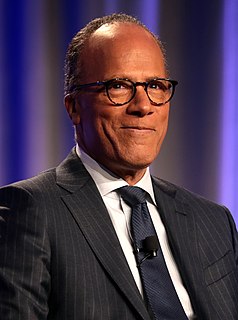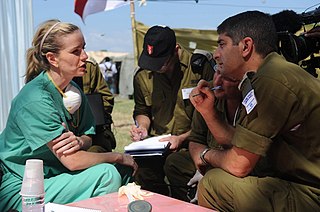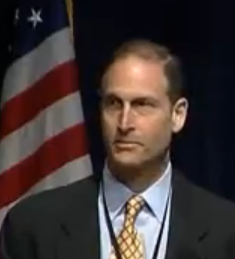A Quote by Tim Cook
It wasn't very long ago when you wouldn't even think about there being health information on the smartphone. There's financial information. There's your conversations; there's business secrets. There's probably more information about you on here than exists in your home.
Related Quotes
There's a lot of health information available on your smart phone. There's financial information. There's your conversations, there's business secrets. There's an enormous long list of things that there's probably more information about you on here than exists in your home, right. Which makes it a lot more valuable to all the bad guys out there.
It's crazy to me that in this world of electronic medical records Walmart has so much information about how we shop, but no one has that information about our health. Why can't my doctor say, 'Wow, Anne, based on your lifestyle and behavior, you're five years from being diabetic.' But I can go to Target, and they know exactly what I'm going to buy.
On the information technology side, health care is still behind other industries. There needs to be a real push to create better electronic health records, more inter-operability amongst various types of electronic systems and cybersecurity is becoming a huge deal in in health care. Health care records are highly sought after by virtue of the fact that not only do you have somebody's person financial information, you also have their person medical information.
The approach and strategies are very similar in that you gather all the information you can and then keep adding to that base of information as things develop. You do whatever the probabilities indicated based on the knowledge that you have at that time, but you are always willing to modify your behaviour or your approach as you get new information. In bridge, you behave in a way that gets the best from your partner. And in business, you behave in the way that gets the best from your managers and your employees.
I think we're more relevant than ever because it is such a noisy environment out there. What's a journalist now? It's anybody with a way to get information out and you're sitting there with your smartphone in front of you. That's what we're up against now. There's a lot of unfiltered information. Some of it is accurate, some of it way off base. We're that safe port in the storm.
I don't think we should have less information in the world. The information age has yielded great advances in medicine, agriculture, transportation and many other fields. But the problem is twofold. One, we are assaulted with more information than any one of us can handle. Two, beyond the overload, too much information often leads to bad decisions.
Information wants to be free.' So goes the saying. Stewart Brand, the founder of the Whole Earth Catalog, seems to have said it first.I say that information doesn't deserve to be free.Cybernetic totalists love to think of the stuff as if it were alive and had its own ideas and ambitions. But what if information is inanimate? What if it's even less than inanimate, a mere artifact of human thought? What if only humans are real, and information is not?...Information is alienated experience.






























